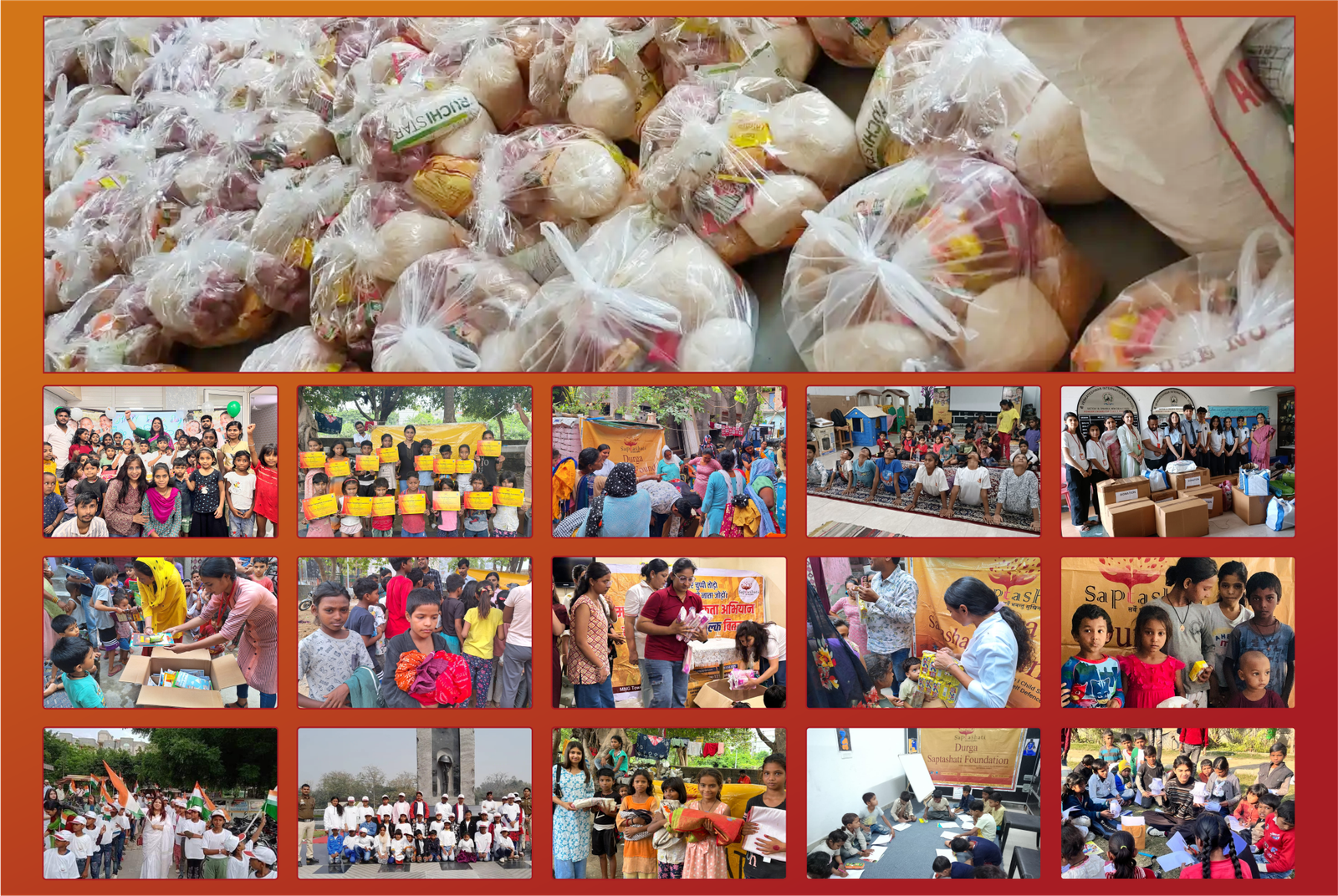7 Things That Make An NGO Truly Work
Our NGO founder, Sandhya Singh, says, I remember meeting a handful of women in a dusty village hall at dusk, their sari borders streaked with chalk from the community meeting, voices low but steady. They didn’t ask for flashy programs. They wanted one reliable thing: someone who would listen, show up, and keep their word. That, more than anything, is the measure of a good NGO. Here are the top 7 traits that make top NGOs in Dwarka effective, impactful, and reliable:
1. A purpose that’s sharp and stubborn
Vague missions wilt. Effective NGOs pick something specific and stick to it, not for stubbornness’s sake, but because clarity makes choices easier. When everyone knows what “done” looks like, you waste less time on side projects.
2. Transparency that isn’t performative
Posting an annual report is fine. What matters more is the small, honest updates: when a program didn’t meet expectations, why, and what will change next month. That kind of candor builds trust much faster than slick brochures.
3. Measurement focused on real change
Counting activities is comfortable; measuring change is harder. Did school attendance climb after you ran that awareness drive? Did mothers report fewer skipped meals? Good NGOs ask the uncomfortable follow-up questions and treat collected data as a means to improve their programs.
4. Community at the centre — not the edge
Projects designed for people without them are brittle. Better work comes from conversation: listening circles, local committees, small pilots that the community helps shape. When locals feel ownership, solutions outlast funding cycles.
5. A team that mixes heart with craft
You need people who care, yes, but you also need people who know what they’re doing. A volunteer with grit but no training is different from a committed staffer with both empathy and technical skill. The latter is the engine.
6. Simple, enforceable accountability
Accountability isn’t just audits and signatures. It’s clear roles, regular reporting, and a culture that admits mistakes quickly. When systems are simple and enforced, errors get fixed before they erode trust.
7. The courage to change course
Programs that cling to an original plan in the face of new evidence do more harm than good. The best NGOs test, learn, and pivot, sometimes modestly, sometimes dramatically — because realities on the ground shift faster than grant cycles.
Small things add up. A nurse who arrives on time; a teacher who remembers a child’s name; a fundraiser who answers inconvenient questions, these are not glamorous, but they’re the scaffolding of trust. Durga Saptashati Foundation’s steady focus on nutrition, health checks, and local teacher training is a reminder: steady work in essentials often beats a dozen attention-grabbing campaigns.
If you want NGOs to matter, treat them like people do: not as brands to applaud, but as neighbours whose reliability you can count on. That’s how marginal gains become durable change.
Join Sandhya Singh in making impact, changing lives, and spreading cheer in Dwarka, Delhi. Fill this form to volunteer, donate funds or supplies, and do your bit today!
